Miraculously Cured From Type 1 Diabetes
Enjoyed this post? Check out my post on ‘MORE Spontaneous Remissions From Type 1 Diabetes!’ too. But please also check out the update on Daniel Darkes here.
Who Is Daniel Darkes?
Daniel Darkes is the first man (in the Western World, at least) to be cured of Type 1 Diabetes. He has become the talk of the town in diabetes communities as people try to understand how this incurable, lifelong condition is no longer incurable or lifelong!
Daniel Darkes was diagnosed with Type 1 Diabetes in 2010, aged 23. He has left the British Army Grenadier Guard just four weeks before his diagnosis. He has stated that he was discharged from the army on medical grounds but it is not clear what medical issue this was.
Before Daniel’s body started to heal, he was originally taking 5-6 units of Novorapid for meals and 8 units of Lantus at night-time for a period of 7 years.
Daniel Stops Taking Insulin
In November 2016, Daniel started having episodes of recurrent hypoglycaemia at night. Before this point, night-time hypo’s had been extremely rare for him. Under the medical guidance of Northampton General Hospital, Daniel gradually reduced his insulin doses to try to prevent further hypoglycaemic episodes. However, no matter how little he gave, he continued to hypo. Eventually, it got to the point that Daniel’s consultant made the decision to stop insulin altogether.
The Impossible Becomes Possible
When I think about Miracle Dan (as Daniel Darkes has been named by his friends), I am reminded of the story of the four-minute mile. On May 6th 1954, Roger Bannister was the first man to run a mile in under four minutes. Athletes had tried since 1886 to break this barrier and none had succeeded. It was therefore assumed that this was a feat beyond human capability, something that the human body just could not do. However, once Bannister broke this barrier, many others followed. The impossible had become possible. Once they saw it could be done, many others did it too.
For me, Daniel Darkes is the Roger Bannister of Type 1 Diabetes. He has broken the barrier and shown that this ‘incurable’ condition is curable. We now know the impossible is possible.

Reactions To Daniel Darkes’ Cure
The medical and diabetic communities have not been wholly receptive to the news of Daniel Darkes’ cure. For example, Live Science wrote a piece highlighting what they believed to be inconsistencies in Daniel Darkes’ story. Firstly, they questioned the validity of his original Type 1 Diabetes diagnosis. They also used Daniel Darkes’ refusal to provide his medical records (actually, it was his NHS trust that refused due to patient confidently laws in the UK), plus the absence of a published medical case study, to infer that this may be some kind of hoax.
As I ponder this reaction, I am reminded of quote by Arthur Schopenhaueur:
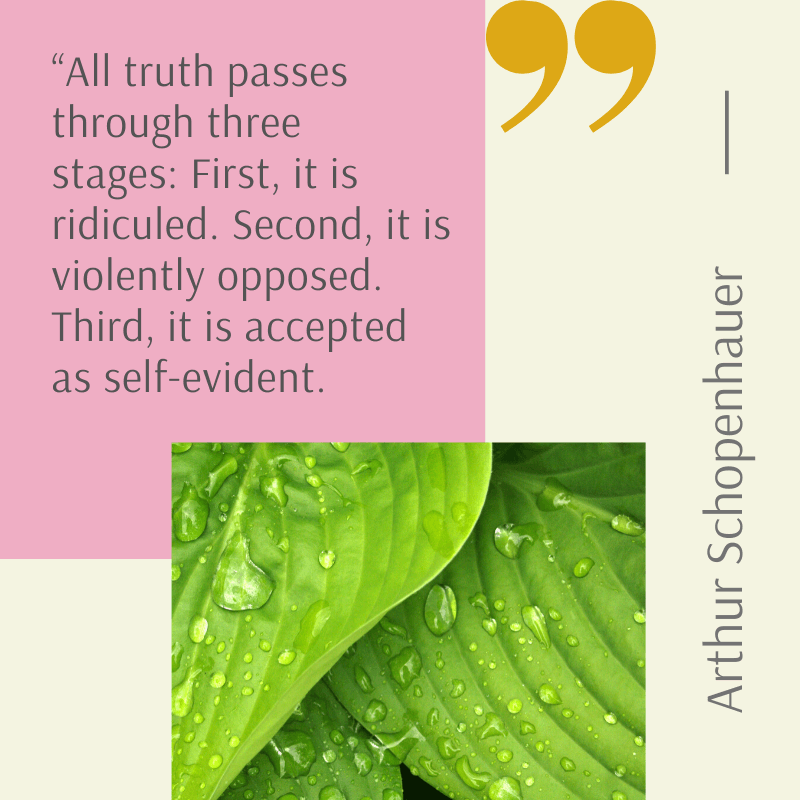
It appears to me that, unfortunately, Daniel Darkes’ healing is encountering the first two stages of truth – ridicule and violent opposition. Change in the medical world takes time.
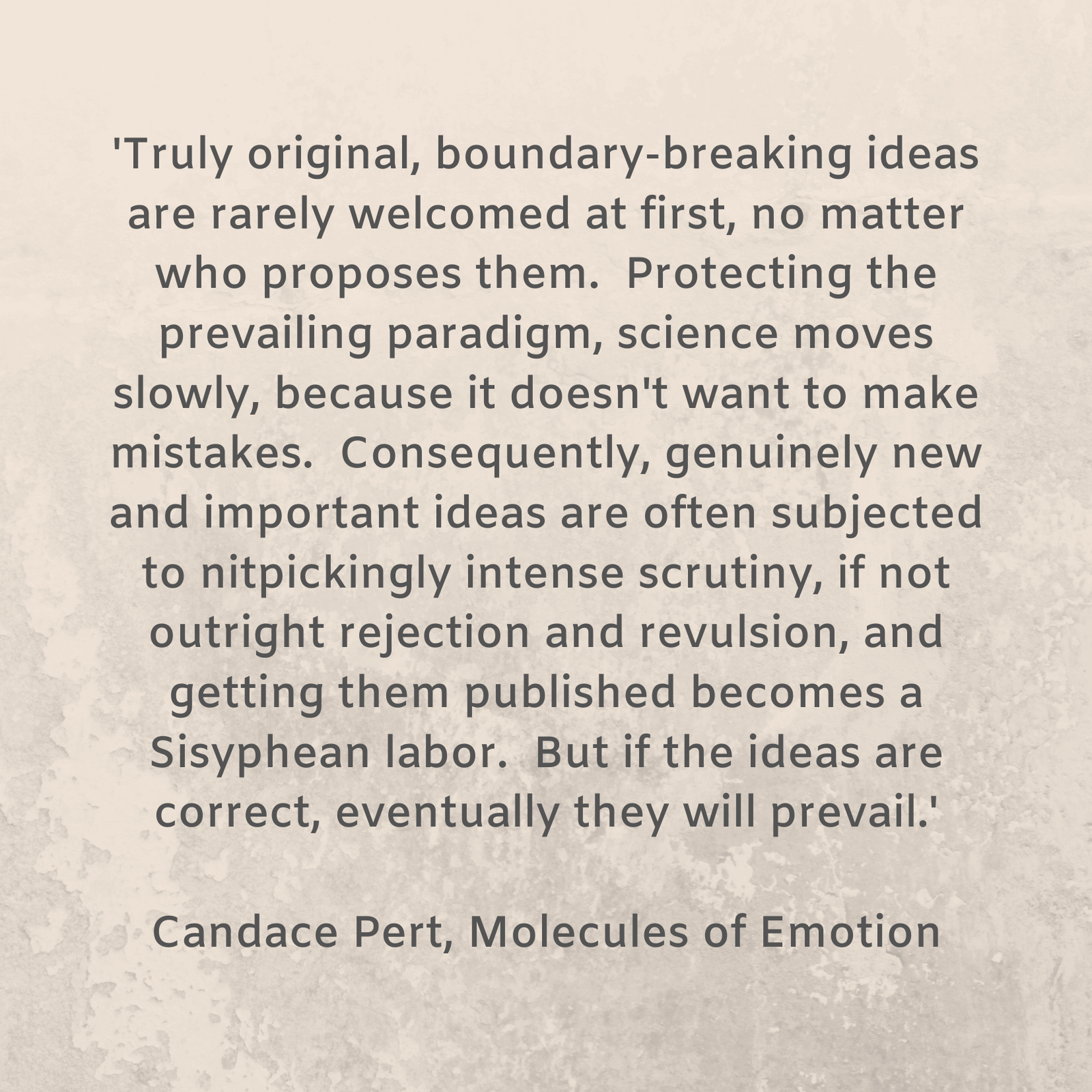
Daniel Darkes has stumbled across the way to heal Type 1 Diabetes. So, whilst the medical community is adjusting its lens to the new reality, I’d like to get on with actually learning as much as I can about how he achieved it!
What Do We Know About Daniel Darkes’ Miracle Cure?
Daniel’s Diet
Daniel appears to have a very healthy diet. He runs a lot (see below) and therefore takes care of his nutrition for this. When not running, his diet tends to consist of a lot of fish, chicken and vegetables, basically pretty low-carb. He might eat fruits, nuts and crackers for lunch. He doesn’t eat sweet stuff, chocolate or have sugar in his tea. But, before I panic about such a restrictive diet, he does admit to also having the occasional beer or sweet treat or takeaway at weekends!!
On days when Daniel is running a long run, he will increase his carbohydrate intake by adding in a serving of rice, pasta or sweet potato for dinner and/or porridge for lunch. He will also have gels or sweets on the runs to top up his blood sugars, if needed.
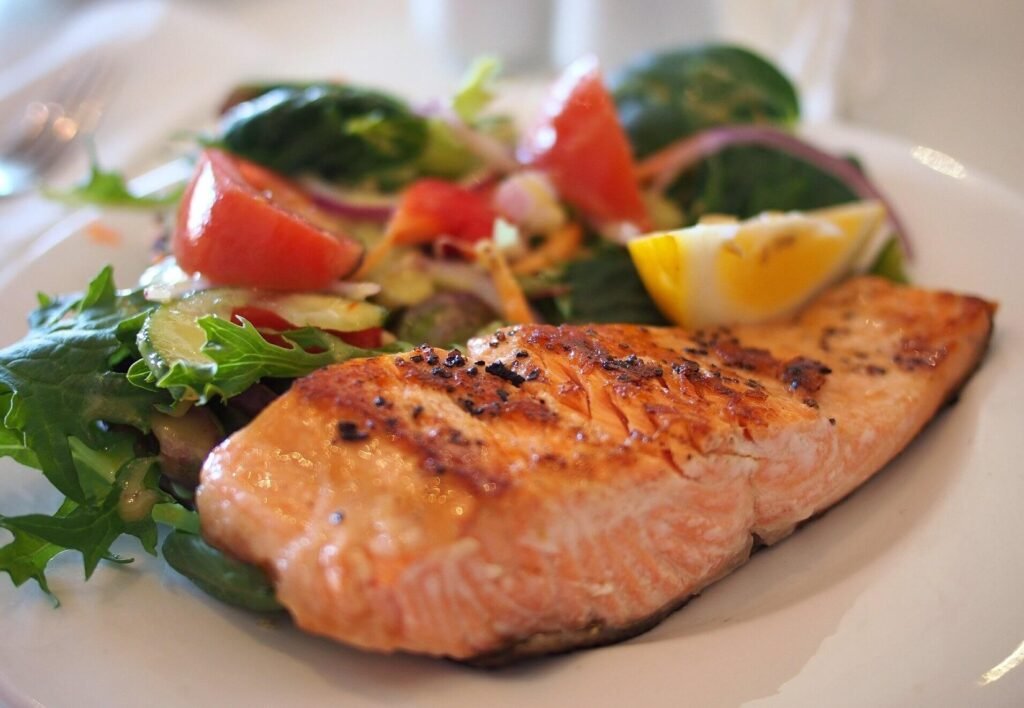
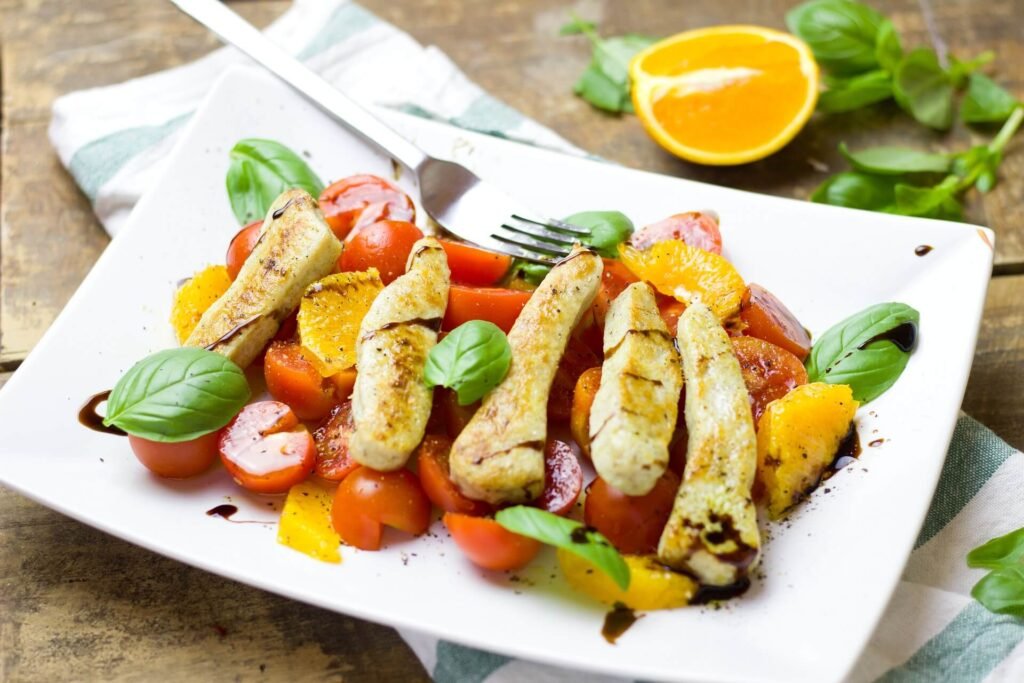

Foodstuffs Found In Daniel Darkes’ Diet
Daniel’s Vitamins and Supplements
Daniel has said that he takes the following vitamins and supplements on a daily basis:
- 16mg of Zinc, in tablet form
- 10 ug of Vitamin B12
- 25 ug Vitamin D Ultra
- 200 mg of Vitamin C
- 1000 mg Omega 3s, in tablet form
Daniel’s Exercise Routine
Daniel is a long-distance runner. He regularly runs marathons and ultra-marathons. He is dedicated to his fitness. He tends to run 15-30 miles a couple of times a week and then does a longer run at the weekend.
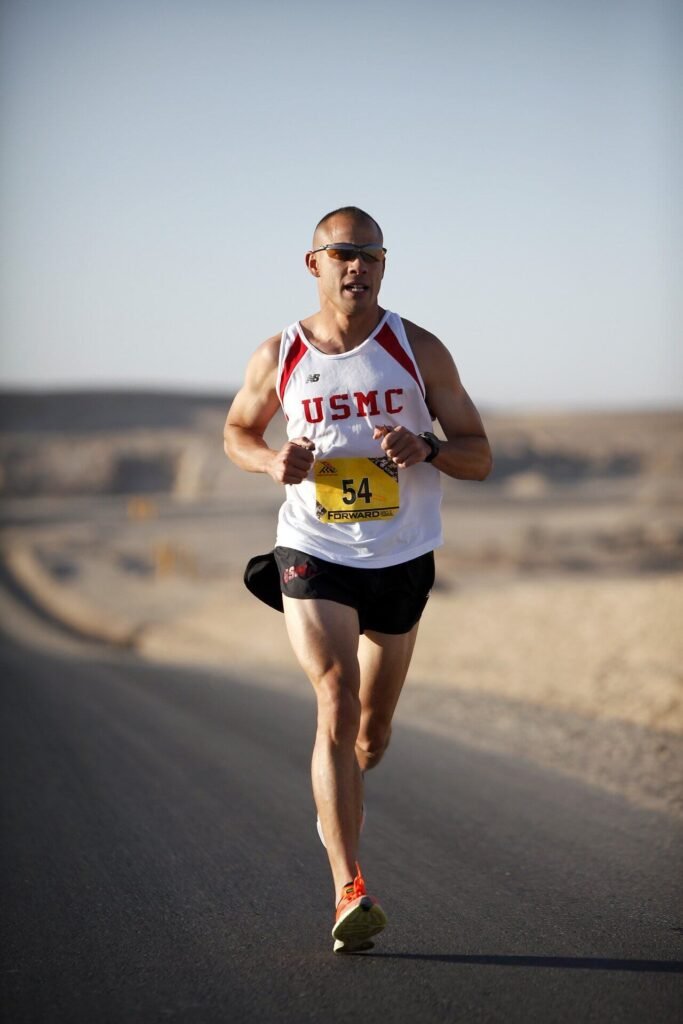
Enjoyed this post? Check out my post on ‘MORE Spontaneous Remissions From Type 1 Diabetes!’ too.
What The Experts Think
Daniel Darkes says that the experts on his case have identified a rare gene that he possesses that is acting as a back-up immune system by recharging the pancreatic cells to produce insulin.
What I Think
Issues With The Experts’ Explanation
Hang on a minute! The old-school way of looking at diabetes said that the beta cells in the pancreas – the ones that produce the insulin – have been obliterated by our misfiring immune systems. And now they can recharge?! This fits in with what I have so far argued on my blog – that this theory of ‘burnt out beta cells’ has little scientific support and has actually been replaced with the finding that beta cells do still exist in the pancreas and can, under the right environmental conditions, start producing insulin again.
I also have an issue with this ‘rare gene’ hypothesis… My issue sits in the findings of epigenetics. Epigenetics argues that individuals are not necessarily destined to suffer (or enjoy!) the blueprints of their inherited DNA sequences. In other words, you may receive programming, via your DNA, from one or other parent but that does not mean that you are destined to have that gene expressed and acted out in your life. Instead, genes have been found to be affected throughout a person’s lifespan by a range of factors, including diet, exposure to pollutants and even emotions. it is the epigenetics, influenced by this diverse range of factors, that determine whether genes are turned on or off. Why this is relevant to Daniel Darkes is because this ‘rare gene’ may have in fact been created during his healing process, as a result of epigenetics. Equally, this may be a gene that we all possess, but as yet Daniel is the only one who has found a way to get this gene turned on and working.
Western Medicine Has Not Undertaken A Holistic Investigation
I struggle with the findings, and lack of findings, that I have so far heard about Daniel’s case. So far, all investigations seem to have proceeded down only the expected avenues… Inquiries into diet, exercise, supplements, blood sugar readings and so on. In other words, all focus has been on medical questions, which treat the body as a machine with a broken component (see my post on Descartes for more information). As such, I believe the lens of inquiry is too narrow.
We Also Need To Be Asking Daniel About…
Nobody is asking Daniel about the wider healing that he may have undertaken. As I highlighted in my post on neuropeptides, the brain is highly interrelated with the body via emotions. Has anybody asked Daniel what his emotional journey has been like over the time his healing took place? Were there any shifts in his emotional outlook, for example? Candace Pert would argue that emotional healing is as likely to improve health as much as any medical intervention.
I also wonder about his running. The experts have said that his long-distance running has somehow ‘shocked’ his immune system, via this rare gene, to start working again. How do they know that it wasn’t some other factor to do with running that would have helped? For example, Daniel is likely to have maintained good hydration to be able to run. He is also likely to have spent a lot of time outdoors in nature, which in itself can be very healing. The added benefit of sunshine on the body, and the resultant levels of vitamin D, are also worth questioning. Perhaps it was any one of these factors, or the combination of all of them, rather than the running itself, that led to his healing.
I have also heard about the great benefits of fasting and its ability to regenerate the immune system (although fasting can come with great risks for diabetics). Did Daniel have any intentional or unintentional periods of fasting, perhaps due to long runs or periods of illness, which may have instead been responsible for kickstarting his immune system?
I have seen no evidence that the medical teams are asking these kinds of questions. If they are not, they are not controlling for extraneous variables in their research design and, as such, according to the rules of scientific research, their method and findings are confounded. No firm conclusions can be drawn.
Dr Kelly Turner
As this post comes to an end, I am thinking back to Dr Kelly Turner’s work on spontaneous remissions of cancer. Kelly outlined how healing is based on a range of factors, only two of which were body-based (those of ‘radically changing your diet’ and ‘herbs and supplements’). By asking Daniel only about the body-based activities and treatments he had, we are missing out on finding out about the majority of his healing journey.
Dr Kelly Turner also discussed how valuable information about healing can be gained from asking the patient themselves what they believe healed them. Daniel Darkes thinks his healing resulted from the combination of his running and his diet, which is high in zinc, nuts, oily fish and vegetables.
I intend to use Daniel Darkes’ route to health as a roadmap for my own healing. However, I am hoping that I won’t need to achieve the fitness of an ultra-marathon runner to heal my Type 1 Diabetes… I dearly hope that my unique path to healing may not require such a high level of physical exertion for the same results!! Let’s wait and see.
Enjoyed this post? Check out my post on ‘MORE Spontaneous Remissions From Type 1 Diabetes!’ too.
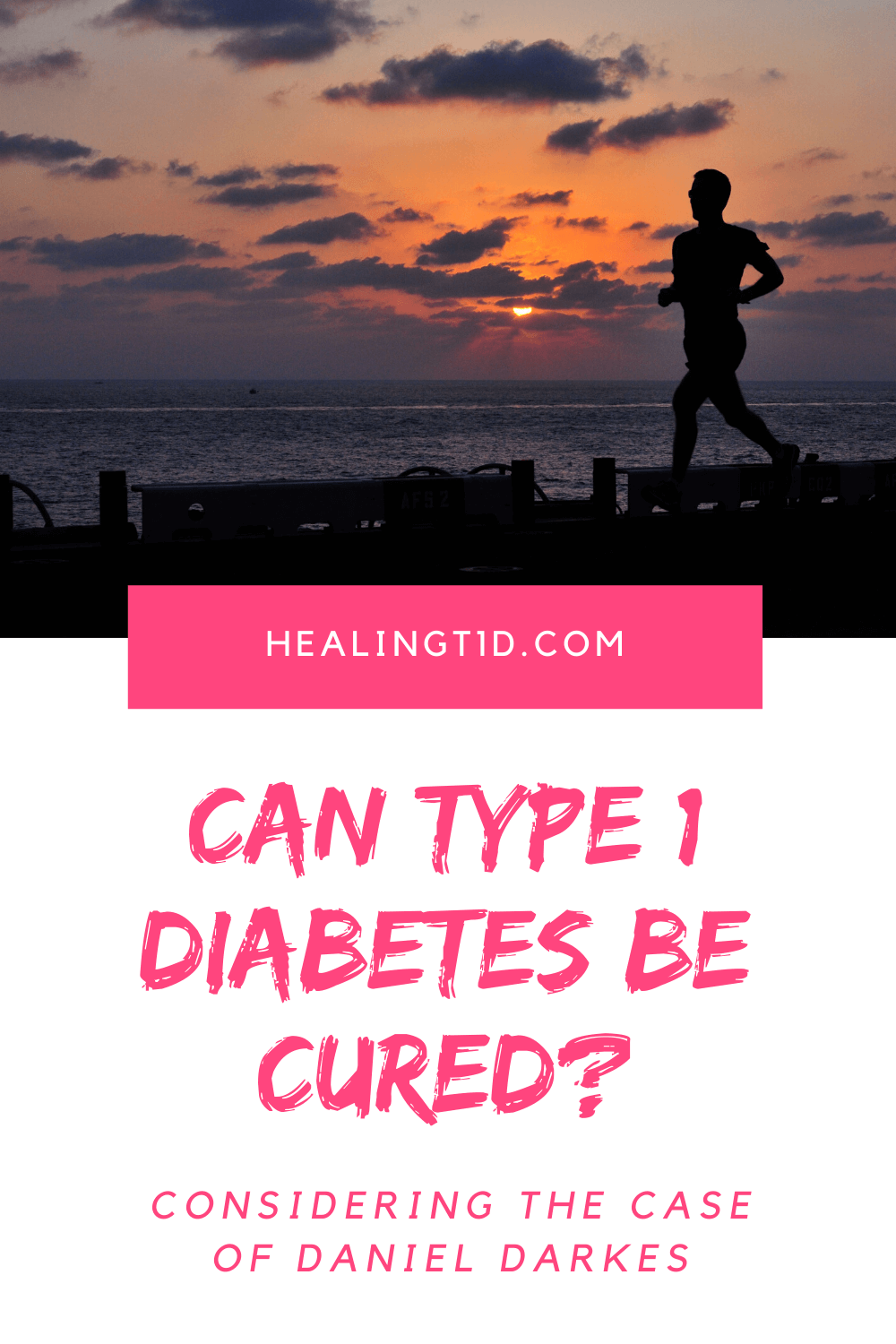
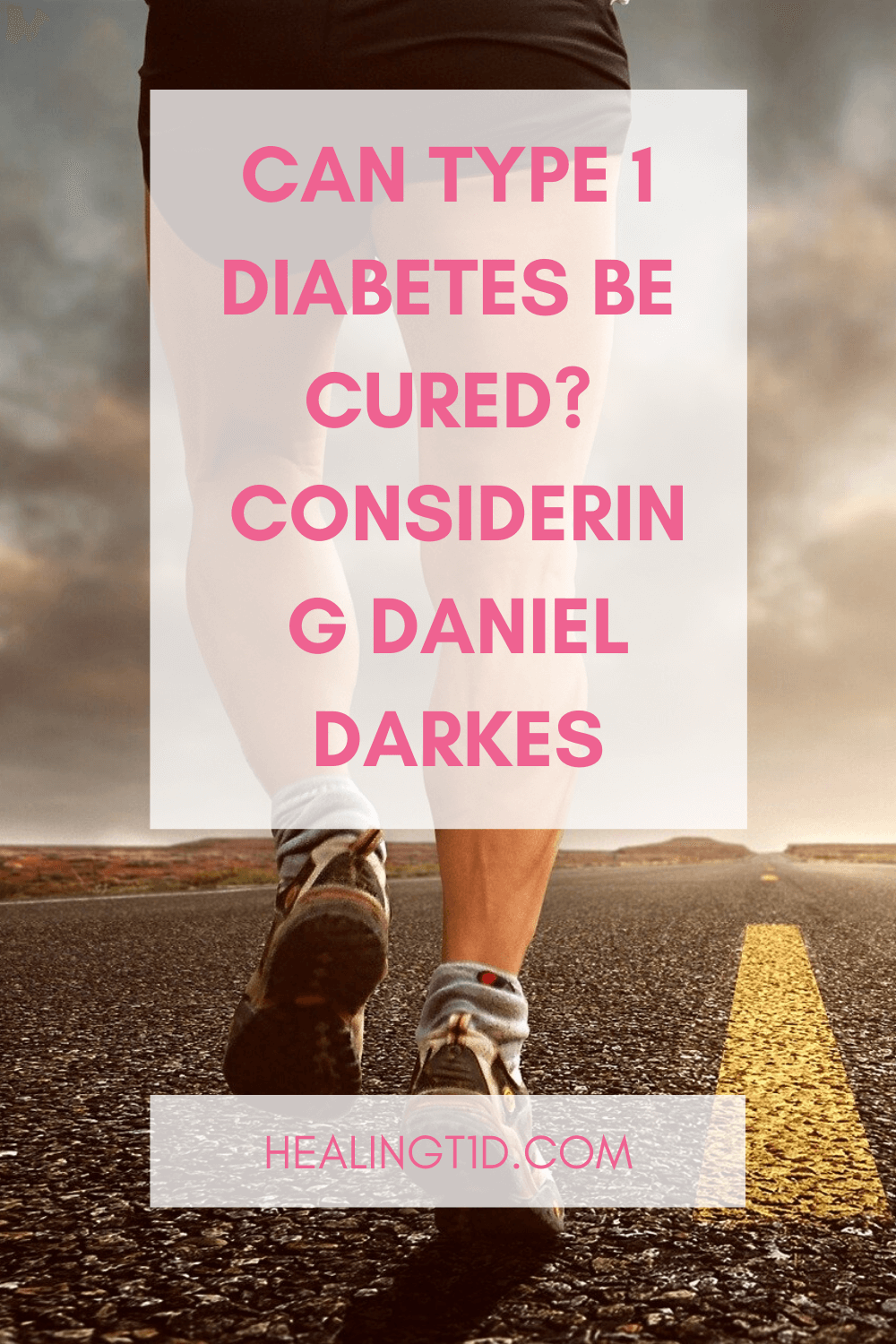

GET HEALINGT1D’S FUTURE ARTICLES IN YOUR INBOX!
Get the latest musings and findings straight to your email inbox.
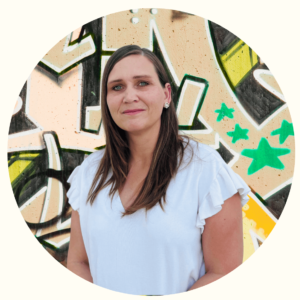
Natalie is a blogger with Type 1 Diabetes. Natalie’s special gifts are questioning the status quo and being a rebel. She is using these gifts to question medical ‘knowledge’ and find a true cure for Type 1 Diabetes.

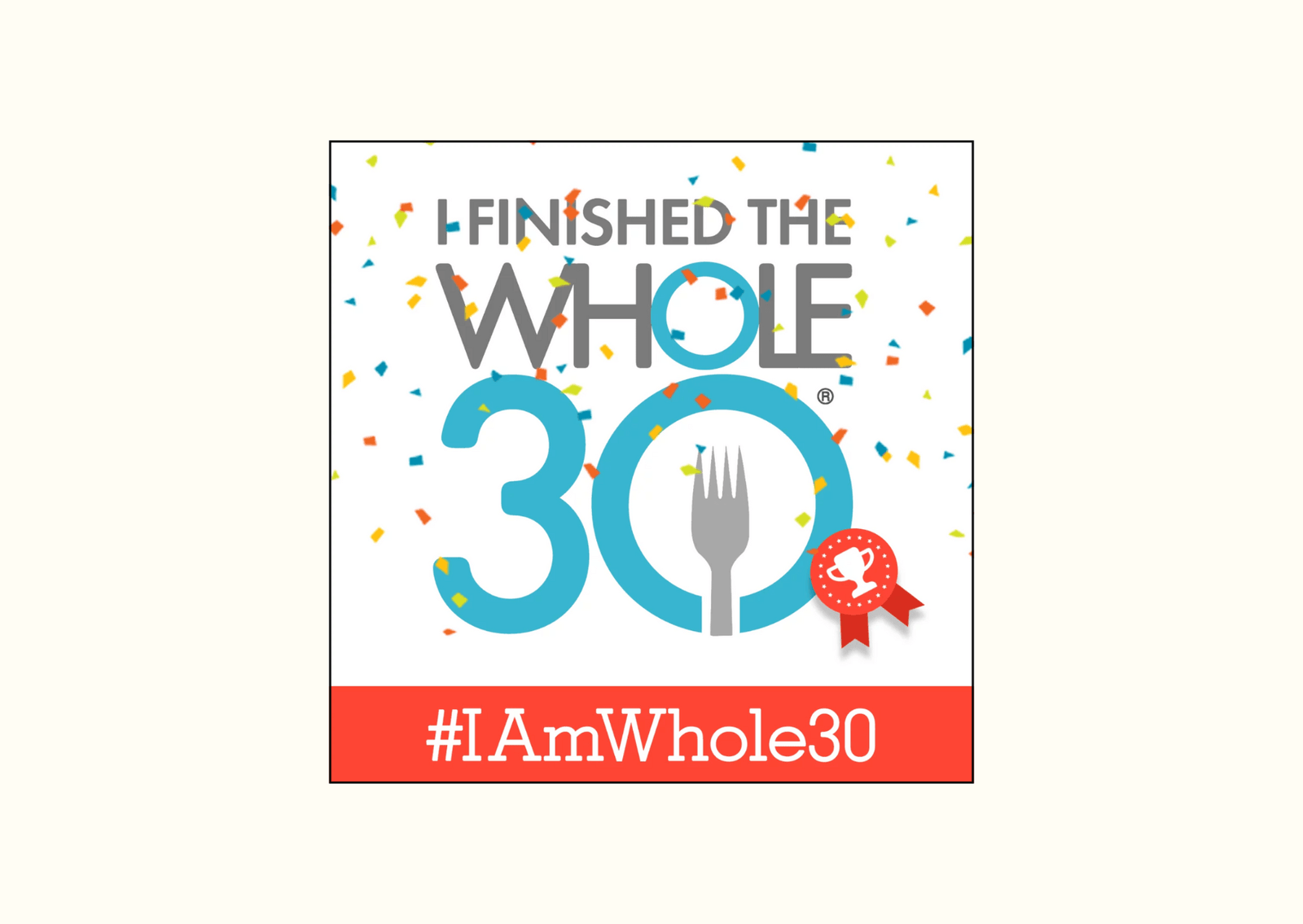

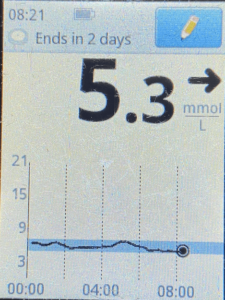
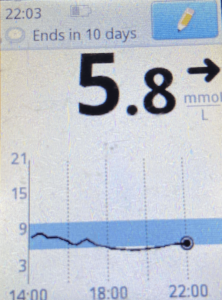
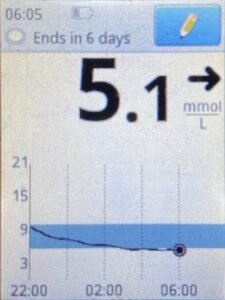
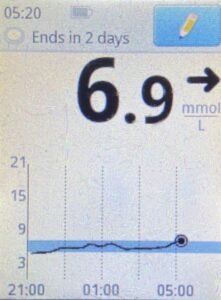
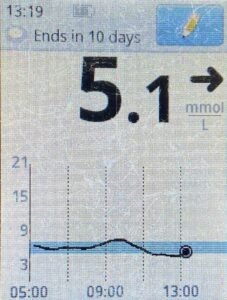
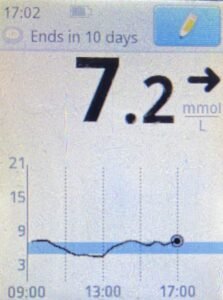
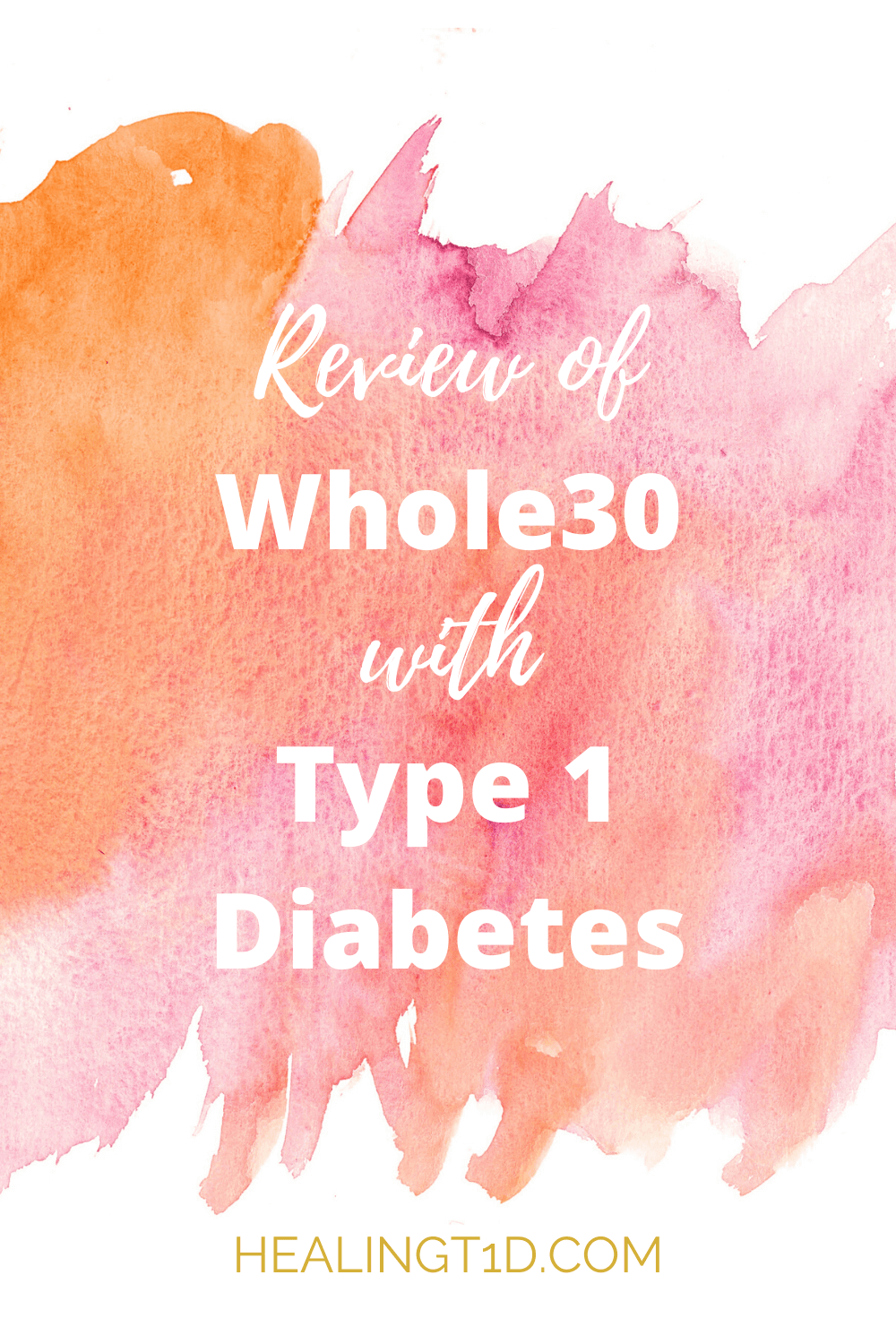
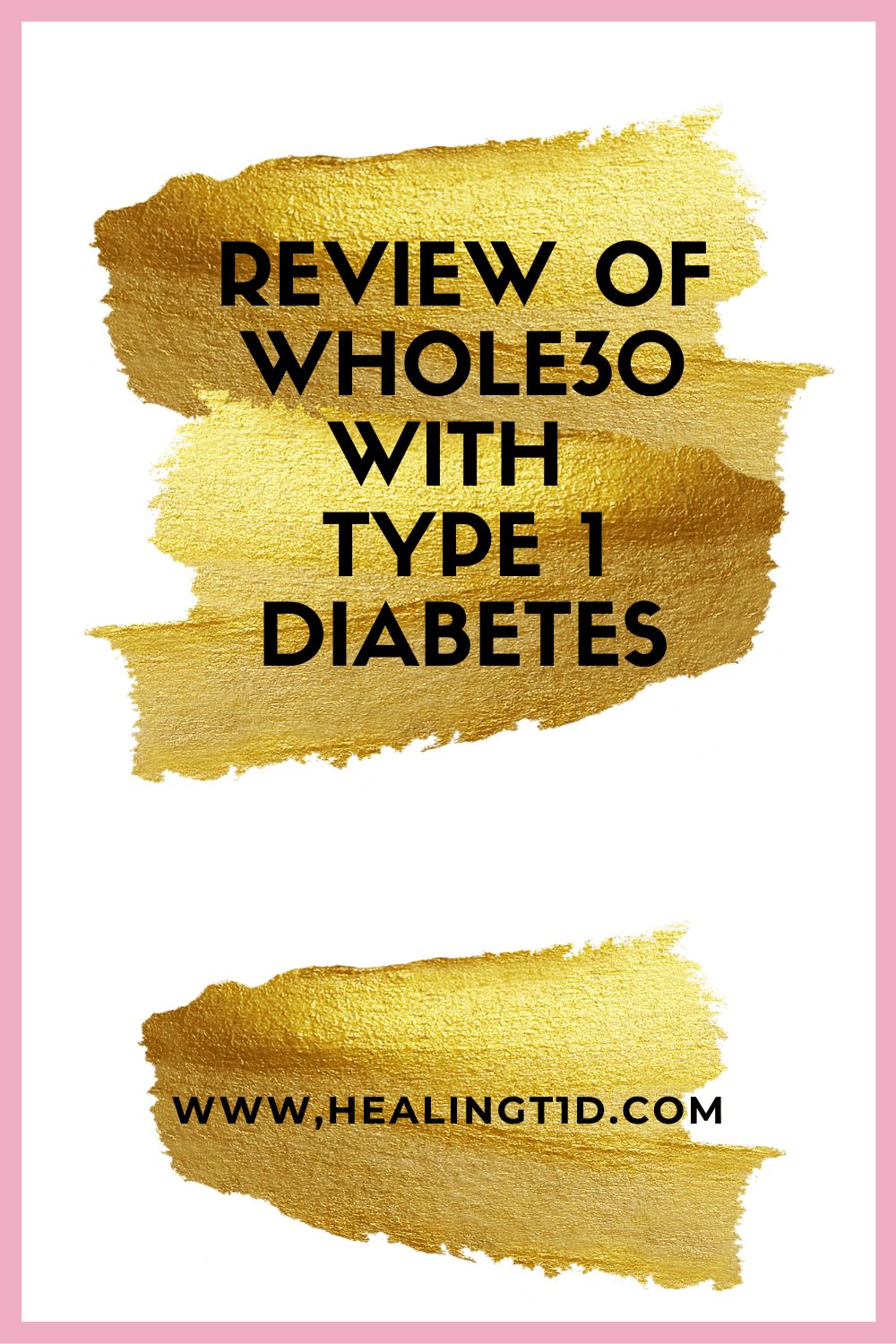
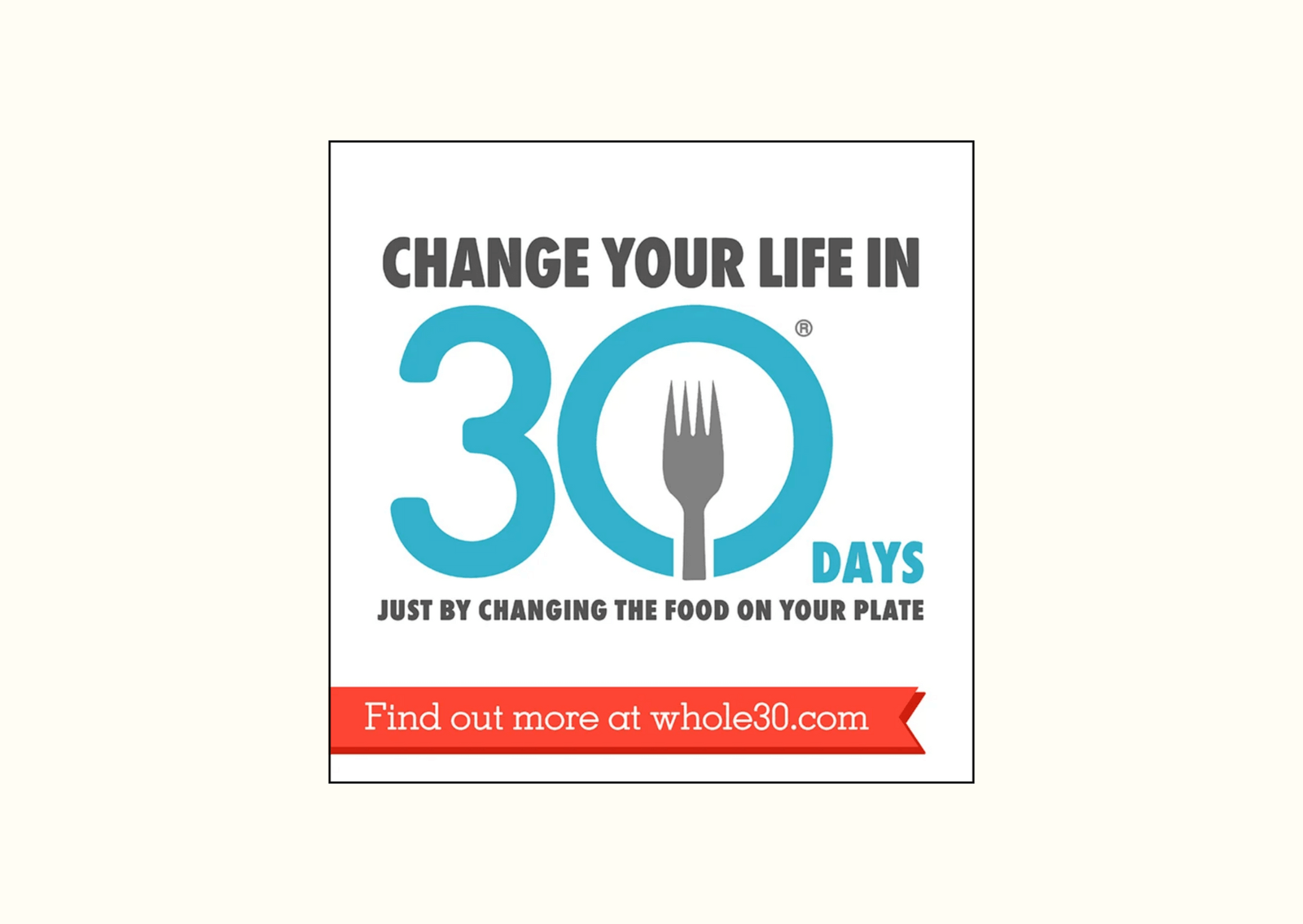
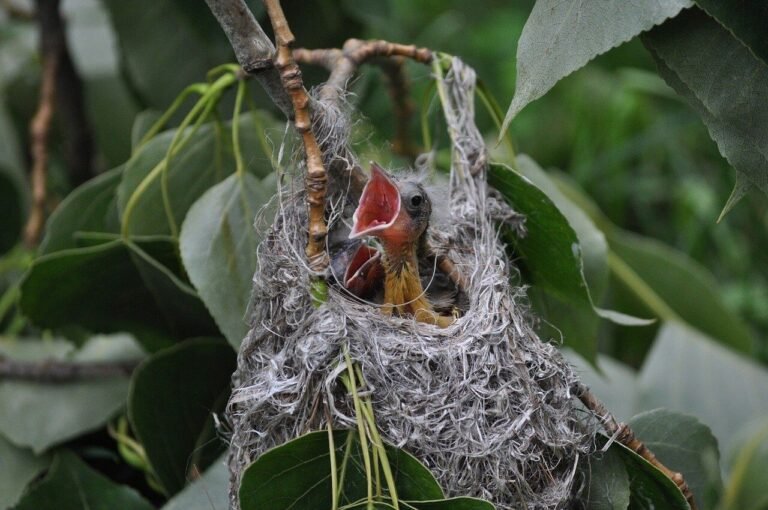


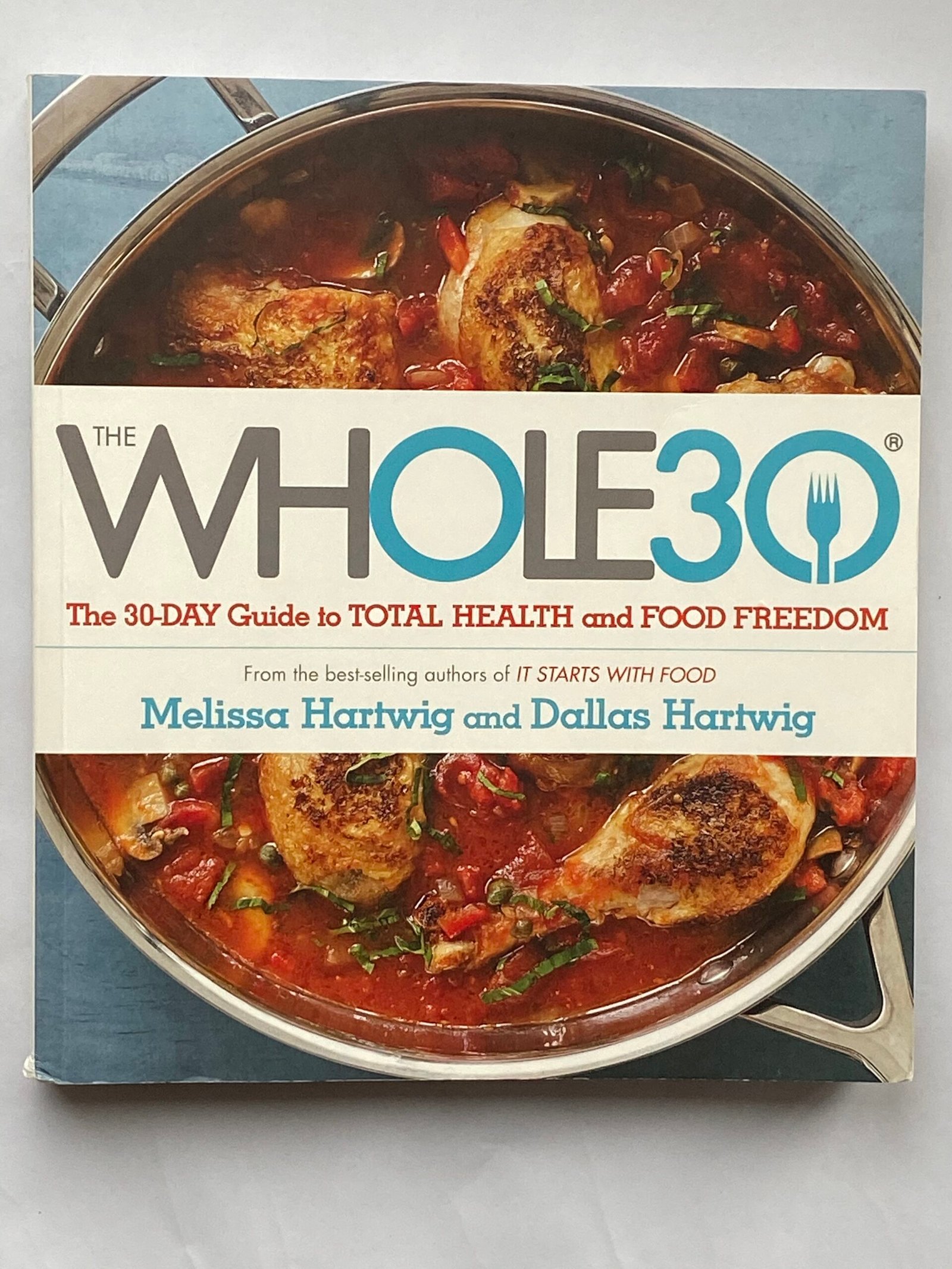

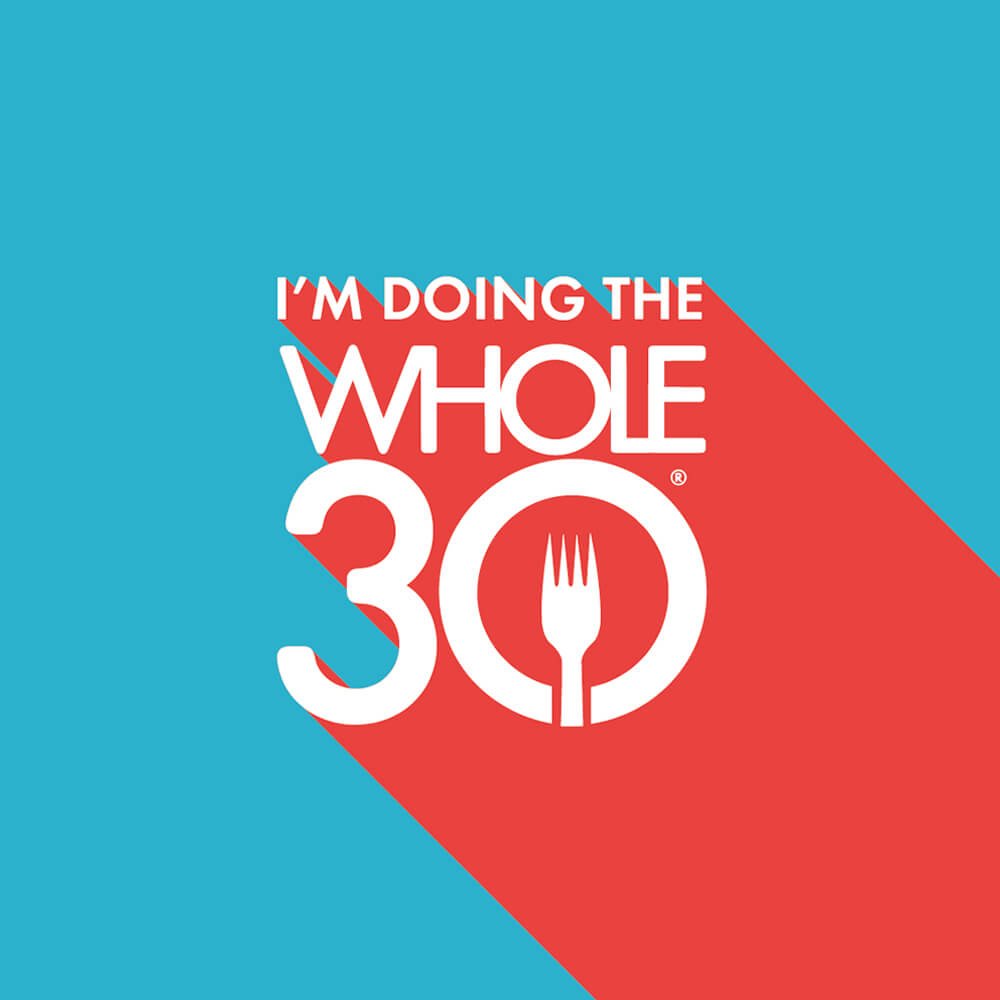


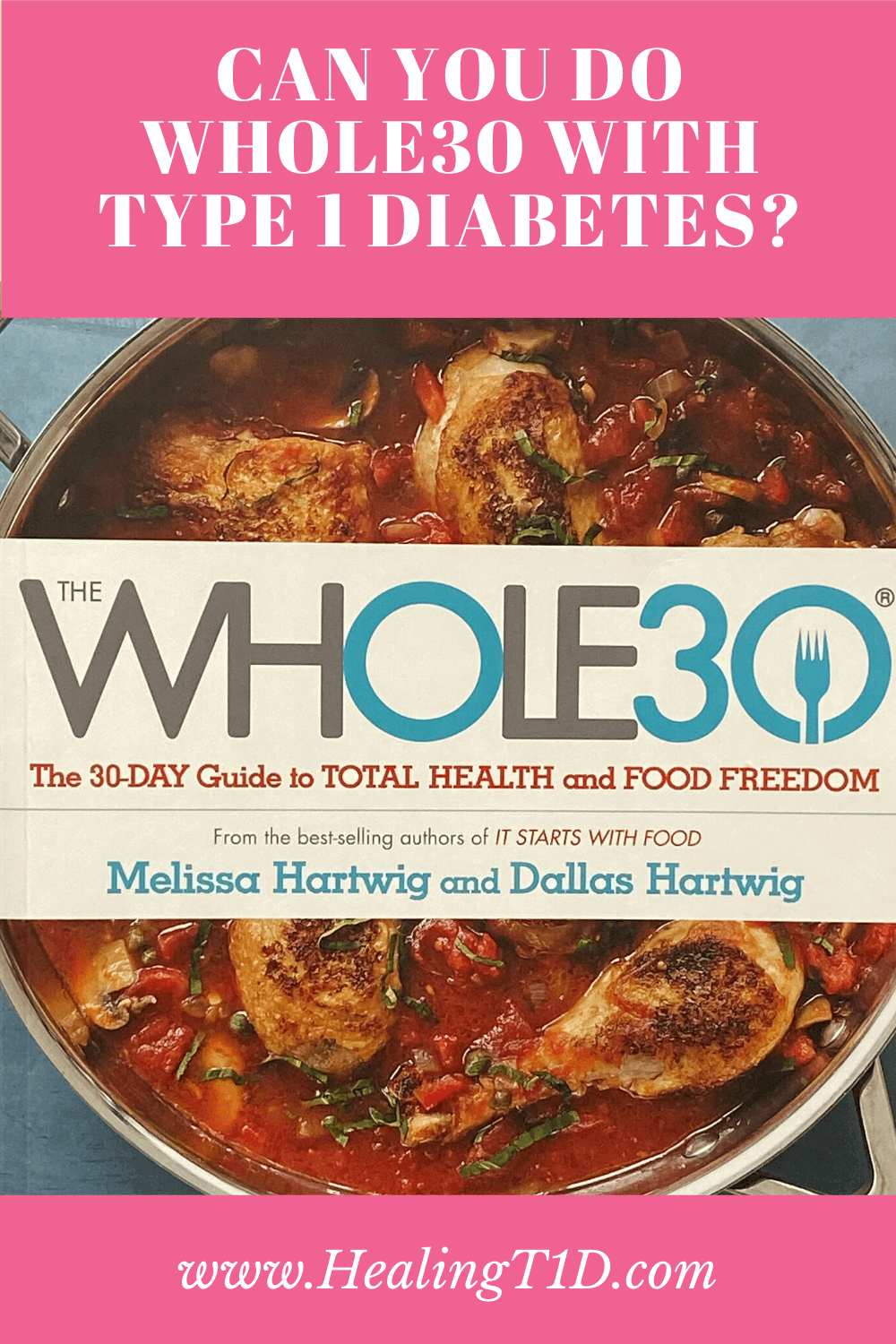
Recent Comments: